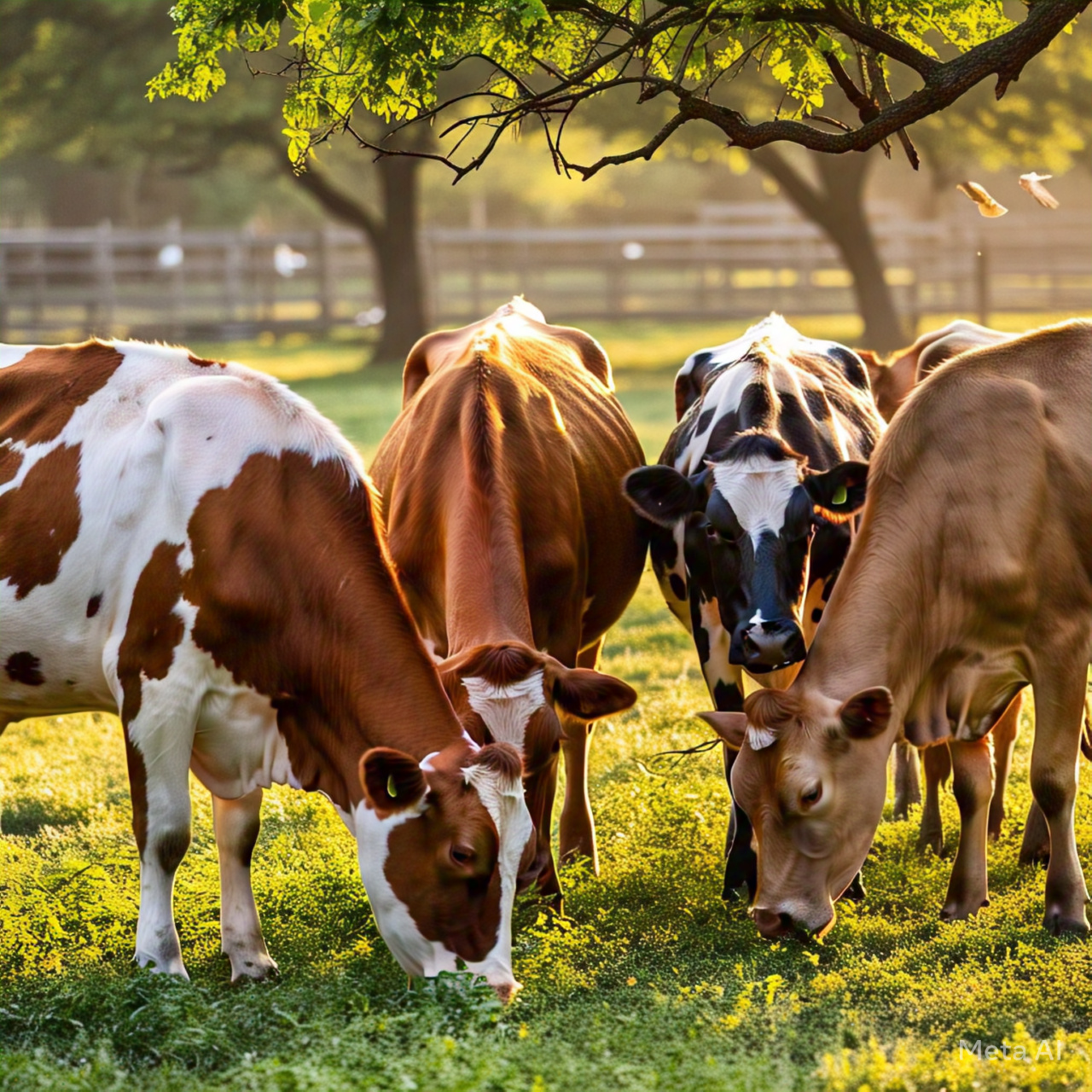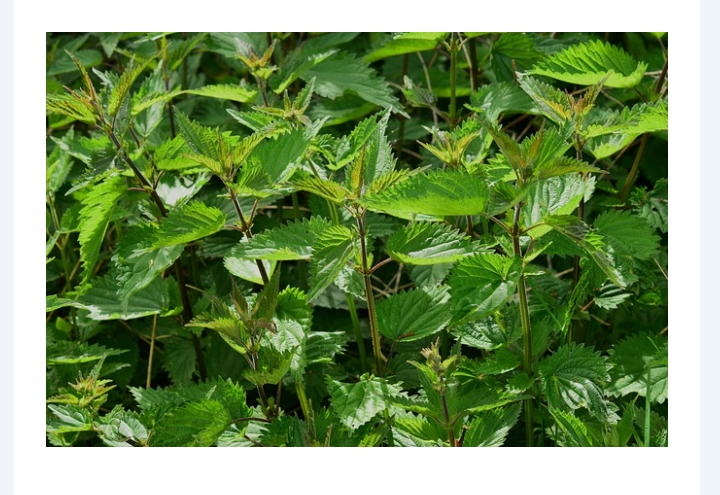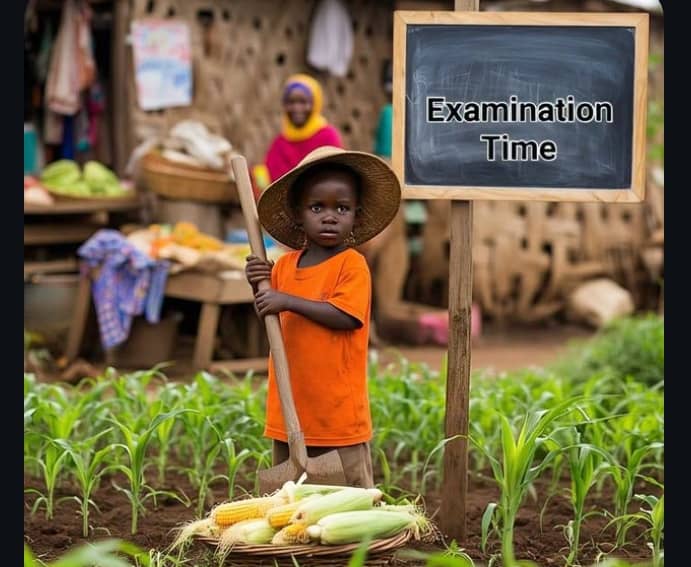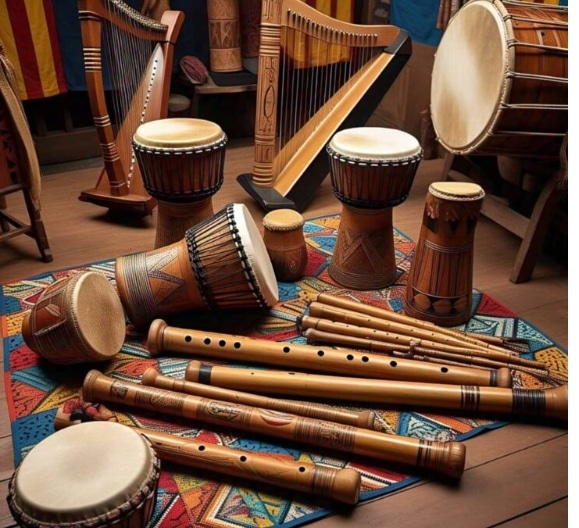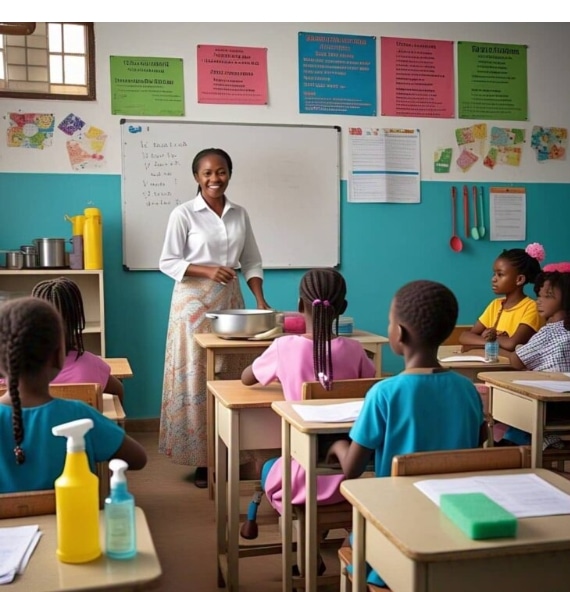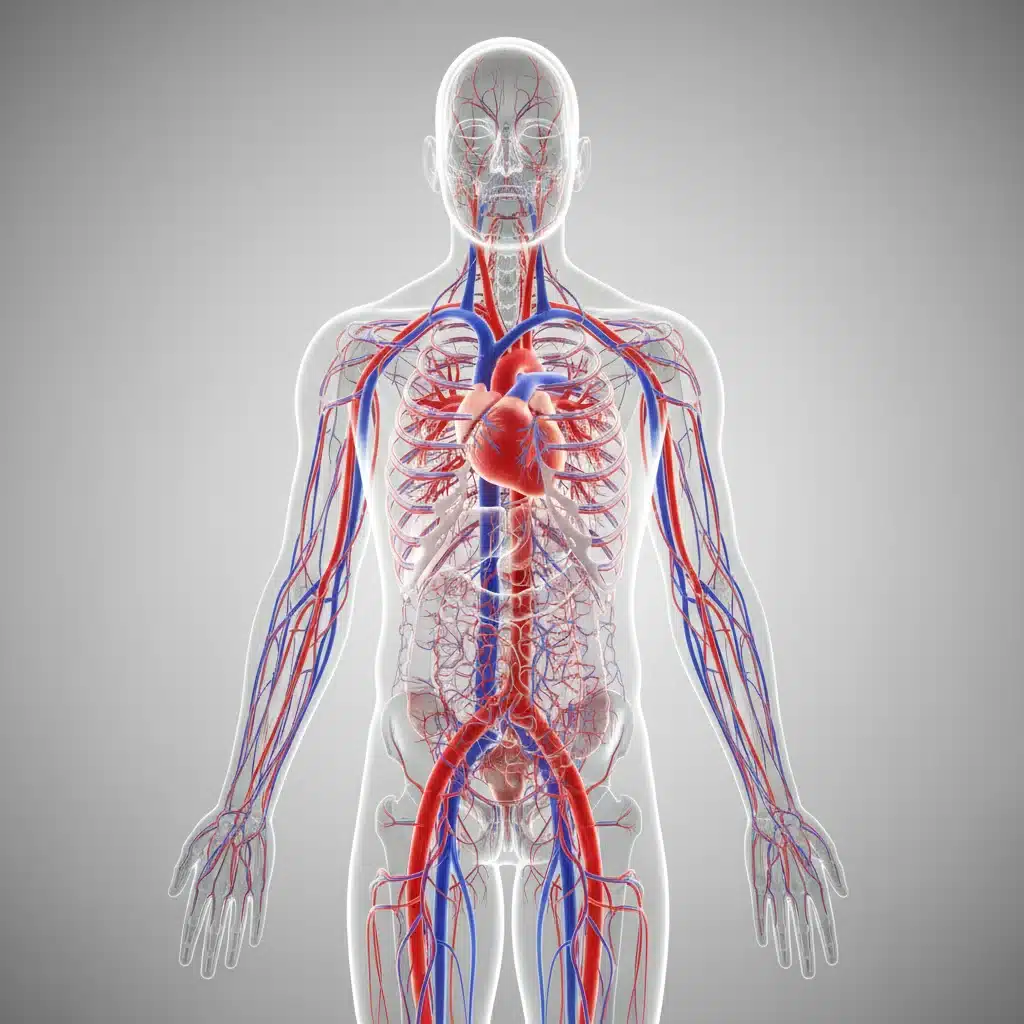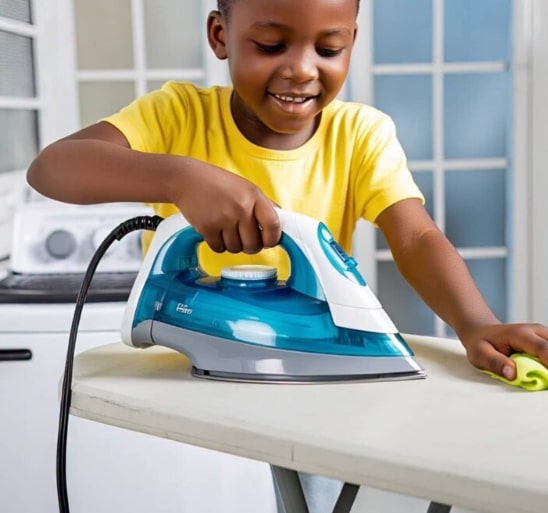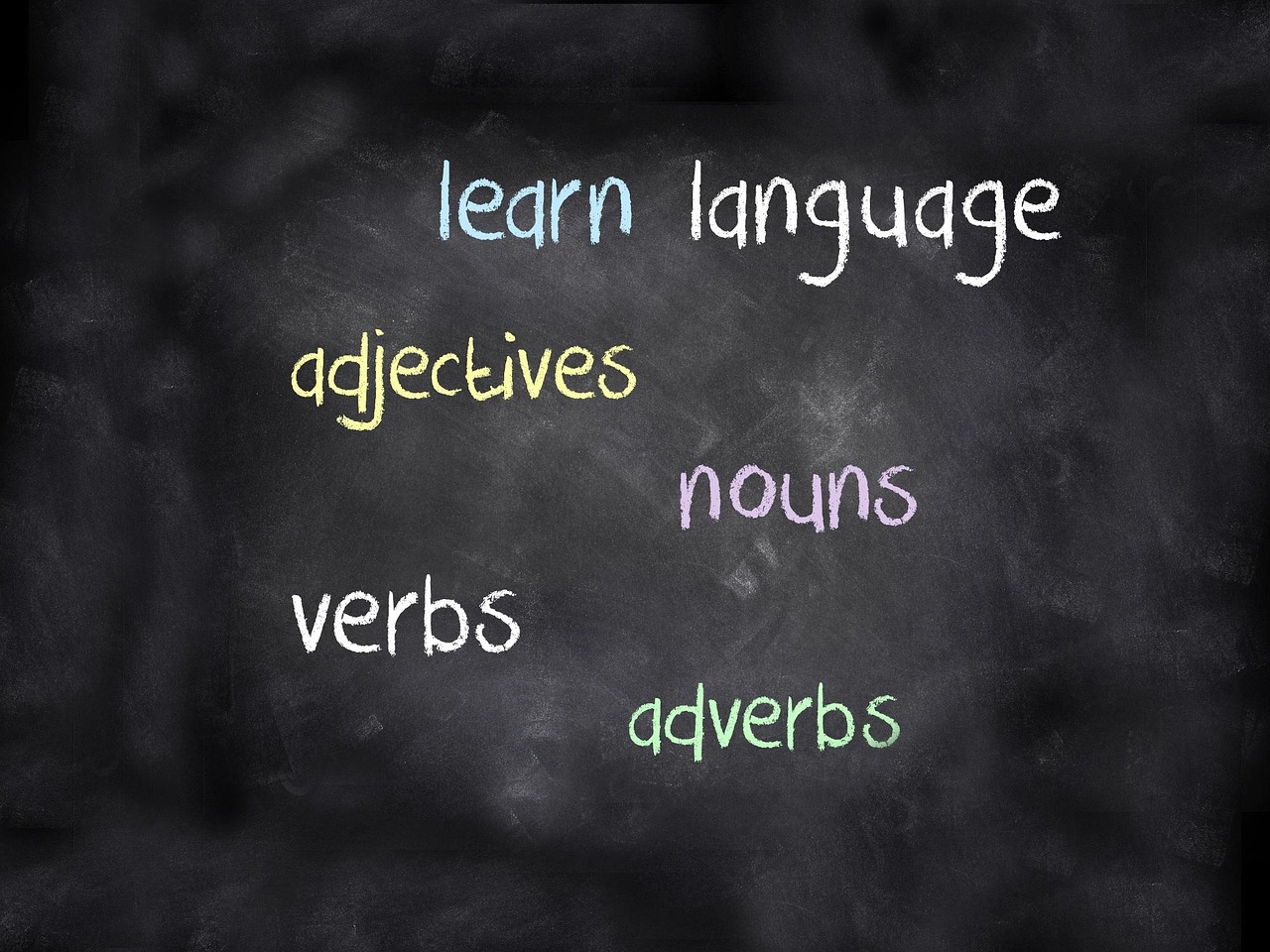Primary 2 – First Term – Week 1
Vocational Aptitude Lesson Note: Understanding Vocational Education (Real Work Skills for Real Life)
Class: Primary 2
Term: First Term
Week: 1
Subject: Vocational Aptitude
Duration: 40 minutes
Theme/Topic: What is Vocational Education?
Keywords: Skill, Vocation, Work, Future, Tools
Curriculum Link: National Curriculum for Nigerian Basic Schools (Primary)
Lesson Objectives (What Pupils Should Learn):
By the end of the lesson, pupils should be able to:
Table of Contents
Toggle-
Explain what vocational education means in their own words.
-
Identify different types of vocations around them.
-
Connect a personal interest or home activity to a real-life vocation.
-
Begin to respect the dignity of work — whether white-collar or hand-skilled.
Materials Needed:
-
Flashcards with names and pictures of professionals (tailor, nurse, teacher, mechanic)
-
Household tools: thread, spoon, bead, calculator, tape rule, bottle of chalk
-
Storyboard or printed picture scene of people working
-
A child-friendly mirror
-
Blackboard and chalk
Prior Knowledge:
These children already live in work-filled environments. Their parents cook, sew, ride okada, sell things, teach, or help others. Many have “played” jobs before — from being the “teacher” to the “mama cooking soup.” They just haven’t named it yet.
Lesson Presentation
Set Induction (Let’s Begin with a Real-Life Talk)
Understanding Vocational Education
Walk into the classroom and greet the children warmly.
“Good morning, future doctors, tailors, and engineers!”
Let them giggle or smile. Then pause.
Say:
“Yesterday, I met a woman who repairs shoes in front of the market. Her name is Mama Bola. She learnt how to sew leather when she was a little girl like you. Today, people come from far to repair their shoes with her because she does it neatly, quickly, and with joy. That is her vocation. Today, you will find out what yours could be.”
Write on the board: Vocation
Ask: “Who has heard this word before?”
Take a few hands. Affirm all efforts.
Step 1: What is Vocational Education?
Use local language inflection, then explain in simple terms:
“Vocational education means learning a skill that you can use to work, earn, and help people. It’s like training your hands and your head to do something useful.”
Tell them it’s also called career education or technical training.
Break it down:
-
Vocational – Work or job
-
Education – Learning
So it’s learning how to work with your brain and your hands — like tailoring, farming, baking, fixing machines, or even healing people.
Step 2: Real Examples They Can Relate To
Tell a quick story:
“My nephew, David, is only 10. But he knows how to fix his dad’s broken fan. When it stops working, he doesn’t cry. He opens it, wipes the dust, and it starts working again. I asked him, ‘Who taught you that?’ He said, ‘YouTube and Uncle Dayo.’ That’s vocational learning in action.”
Now show pupils flashcards or real-life objects:
-
Beads: “Who makes beads at home?” (Pause) “That’s jewellery making.”
-
Thread and cloth: “Who has watched a tailor at work?”
-
Calculator: “Who has seen mummy or daddy count money in a shop?” (Say that’s accounting.)
-
Chalk: “This chalk is not just for fun. It’s the tool of teachers — like me!”
Understanding Vocational Education
Now list vocations on the board with the pupils:
-
Tailoring
-
Engineering
-
Farming
-
Teaching
-
Medicine
-
Building
-
Weaving
-
Catering
-
Shoemaking
-
Hairdressing
Let the children repeat each word clearly.
Tailor
Engineer
Teacher
Step 3: Interactive Activity – “Who Am I?” Game
Pick an object (e.g., spoon) and say:
“I use this every day. I make food sweet and warm. I work in a kitchen. Who am I?”
Let them guess: “A cook!”
Clap. Then go again with a chalk: “I help people learn… Who am I?” — “A teacher!”
Make it lively. Let them stand and act out a vocation for others to guess.
Teacher-Pupil Dialogue (Guided Discovery):
Teacher:
“Who can tell me what a vocation is now?”
Pupil (prompted):
“Vocational education is learning how to do work with our hands or brain.”
Teacher:
“What job do you want to do in future?”
Let each child speak — record or note their responses. Celebrate every dream.
Step 4: Evaluation (Let’s See What You Remember)
Ask the following questions orally or in writing:
-
What is vocational education?
-
Mention five examples of vocations.
-
Who helps people to get well as a job?
-
Who uses chalk to do their work?
-
What skill do you have or like to learn?
Classroom Assignment (Drawing + Writing):
Ask pupils to draw a picture of someone doing a job they like (e.g., a baker, a doctor, a barber).
Then write the sentence:
“I want to be a __________ because ____________.”
Use their writing to assess their growing career awareness.
Home Extension Activity:
Send this message to parents via WhatsApp or homework book:
“Dear Parent, please talk to your child about the work you do and how you learnt it. Let them ask you questions about your vocation. This builds their interest and respect for all careers.”
Why This Lesson Matters (Teacher Insight)
We’re not just ticking curriculum boxes here. We are planting career seeds. Some of these pupils may never see a formal workshop, but they will grow up in homes full of skills. The more we name what they already see and do, the more dignity we give to work. Vocational exposure early on transforms how they dream.
Understanding Vocational Education and Its Examples
An engaging Primary 2 Week 1 Vocational Aptitude lesson that introduces pupils to vocational education through real-life stories, local examples, and career-focused learning — designed for teachers in Nigerian schools.
Section A: Fill-in-the-Blank Questions with Options
Instructions: Choose the correct answer from options a–d to complete each sentence.
-
Vocational education helps children to learn a special __________.
a) fruit
b) place
c) song
d) skill -
A person who sews clothes is called a __________.
a) banker
b) nurse
c) tailor
d) painter -
The work of a doctor is to __________ sick people.
a) draw
b) treat
c) wash
d) bake -
The person who teaches in school is a __________.
a) cleaner
b) cook
c) seller
d) teacher -
Vocational education is also known as __________ education.
a) dancing
b) sleeping
c) career
d) vacation -
One tool a teacher uses in class is __________.
a) cutlass
b) spoon
c) chalk
d) hoe -
Someone who bakes bread and cake is a __________.
a) mechanic
b) baker
c) tailor
d) doctor -
Vocational education is useful because it helps us to __________.
a) shout
b) work and earn
c) jump
d) play -
A person who fixes broken cars is called a __________.
a) driver
b) mechanic
c) tailor
d) farmer -
People who weave cloth with hands or machines are called __________.
a) cleaners
b) weavers
c) cooks
d) dancers
Section B: 10 Evaluation Questions (Classroom-Based)
Use these to guide oral/written reflection during or after the lesson:
-
What is vocational education in your own words?
-
Can you name three vocations you have seen in your community?
-
What work does your mummy or daddy do?
-
Why is it important to learn a skill early in life?
-
Which job do you admire the most and why?
-
What does a shoemaker do?
-
If you had to choose between being a tailor and a teacher, which would you pick? Why?
-
Can someone become a doctor without learning?
-
What tools does a cook use in their work?
-
Tell me about a person you know who works with their hands.
Section C: 10 Child-Friendly FAQs (with Human Tone)
-
Q: What is a vocation, really?
A: A vocation is a kind of work that people do — like baking, teaching, fixing things, or helping people get well. -
Q: Why should I learn a skill if I already go to school?
A: Because skills help you do things, not just know things. One day, it may become your job! -
Q: Can I have more than one vocation?
A: Yes! Some people are teachers and tailors. You can do many things well. -
Q: Are all vocations done with hands?
A: No. Some vocations use your brain more, like accountancy or teaching. But many use both. -
Q: Can girls be mechanics too?
A: Yes! Girls can do any job boys can do — and sometimes even better! -
Q: What if I don’t know what I want to become yet?
A: That’s okay. Keep learning, trying new things, and one day you’ll know. -
Q: Why do we learn about vocations in Primary 2?
A: Because now is the best time to start dreaming about the future — with your heart and your hands. -
Q: My uncle sells phones. Is that a vocation?
A: Yes! Buying and selling goods is called trading — a very important skill. -
Q: Is farming a real job?
A: Of course! Farmers feed the whole world. Without them, we would go hungry. -
Q: Will I get paid if I learn a skill well?
A: Yes! Good work brings blessings. When you learn a skill well, people will pay you for your help.
- Workers and Their Workplaces for Kids Vocational Aptitude Primary 2
- Importance of Farming Vocational Aptitude Primary 1 Third Term
-
Education in Nigeriaand creative arts, basic science and technology, pre-vocational studies, French, business education, Home Economics, Computer Studies or Fine arts. Senior
Related posts:
- Vocations & Professions – Who Does What?
- Workers and Their Workplaces for Kids Vocational Aptitude Primary 2
- Rearing of Farm Animals – Primary 5 Lesson Note (Third Term)
- Review of Second Term Scheme of Work Agricultural Science Primary 5
- Effects of Weeds on Farmers to Farmers Agricultural Science Primary 5
- Effects of Weeds on Farmers Agricultural Science Primary 5
- Kitchen Utensils: Names, Images & Uses for Kids in Primary 1
- Occupations in Our Community – The Carpenter Vocational Aptitude Primary 1
- Retail vs. Wholesale: A Powerful Introduction to Trade for Primary 1
- From Farm to Plate: Teaching Kids About Agricultural Produce in Primary 1
